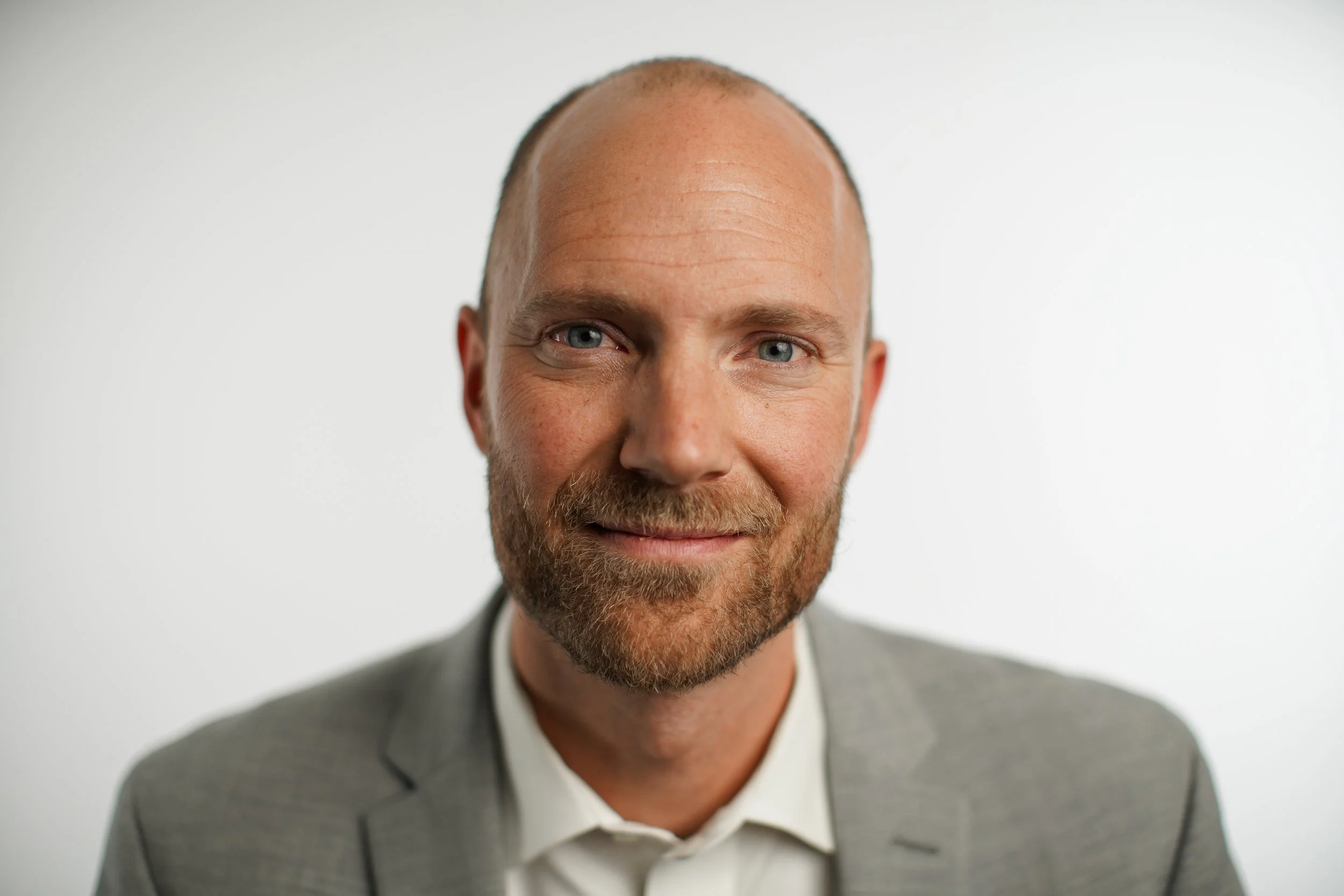Introducing Foundry CFO Partners: Strategic Financial Leadership for Growing Businesses
Dan Barrell—Founder & Principal CFO
I'm excited to announce the launch of Foundry CFO Partners, a fractional CFO advisory practice dedicated to supporting early-stage founders and business leaders. Foundry provides strategic financial leadership tailored to the unique challenges of growing companies, including financial model building, fundraising support, accounting operations and reporting, cash management, budgeting, and cross-functional collaboration with executive teams.
My passion for working with early-stage businesses stems from a deep commitment to helping leaders navigate financial complexities and build sustainable, profitable companies. I've seen firsthand how the right financial guidance at the right time can transform a business's trajectory. However, many growing companies face a common challenge: they need strategic financial expertise but cannot afford a full-time CFO. Foundry CFO Partners bridges this gap, making high-level financial leadership accessible to businesses at critical stages of growth.
Foundry CFO Partners is focused on addressing the most pressing needs of business leaders—whether that's preparing for a fundraising round, analyzing key metrics, improving cash flow visibility, or building scalable financial operations. Every business is different, and I believe in providing customized solutions that align with each company's specific goals and challenges.
In the spirit of giving first, I'm offering complimentary diagnostic sessions to companies needing help with solving critical financial issues. These sessions provide an opportunity to assess the current state of your finance function and receive a strategic roadmap—with absolutely no obligation to purchase services.
If you're an early-stage founder or business leader looking to strengthen your financial foundation, I'd welcome the opportunity to connect. Thank you for being part of this journey, I'm grateful for the support of this community and truly excited about the companies we'll build together.

